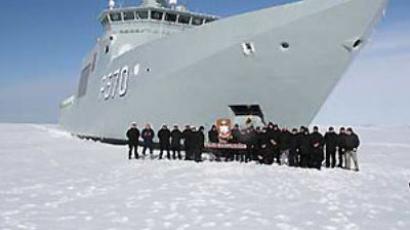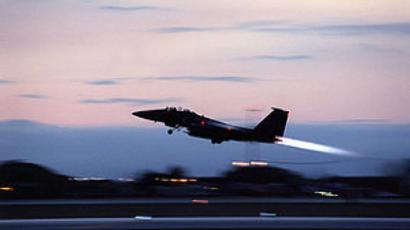Bratislava witnesses NATO’s closer engagement with Russia
NATO defense ministers are in Bratislava and at the top of their list is working together on missile defense and tackling the Taliban in Afghanistan in co-operation with Russia - something unimaginable just a year ago.
What to do with Afghanistan?
It looks like the new approach in Afghanistan proposed by NATO looks like an old approach in many ways: to keep sending more troops and investing more money.
Afghanistan is the most complex challenge NATO has ever faced. On Friday, NATO’s Secretary General Anders Fogh Rasmussen stressed again that the ultimate goal of NATO now is to hand over the security and military functions to the Afghan forces. But according to NATO officials, the Afghan forces are still not ready to shoulder the burden, so NATO troops will keep on training Afghanis.
Despite this, top US officials welcomed the UK’s recent announcement that they will send 500 more troops to Afghanistan and are probably considering adding even more troops.
Taking into account the current developments in the situation with the Afghan presidential elections, civilian support is crucial for the coalition forces.
The production and trafficking of Afghan opiates problem is also a very acute problem.
Against all that, co-operation with Russia has become a top priority for NATO. For Russia, the problem of cheap Afghan heroin has become a real disaster and a threat to national security, according to the Russian president, Dmitry Medvedev.
What’s new about missile defense?
Russia wonders what this new anti-missile shield strategy is all about, and will it include Russia’s ex-Soviet neighbors, such as Ukraine – not a member of NATO – and is warning NATO against conducting talks with Ukraine on the missile defense issue.
“Several ministers pointed to the importance of engaging Russia in this process, and let me remind you that, already at the NATO summit in Strasbourg, we made the declaration that we should explore further the possibility to integrate the Russian missile defense system into our system,” NATO’s Secretary General Anders Fogh Rasmussen pointed out.
The Bratislava NATO talks show the new level of engagement of NATO with Russia compared with the relations between the two parties just a year ago, after the Georgian invasion of South Ossetia.














